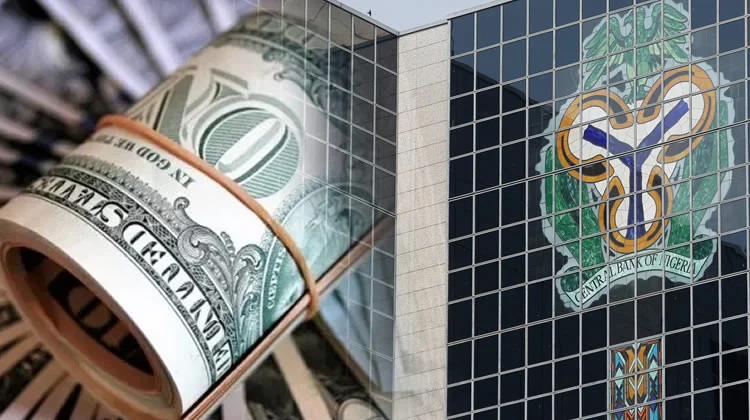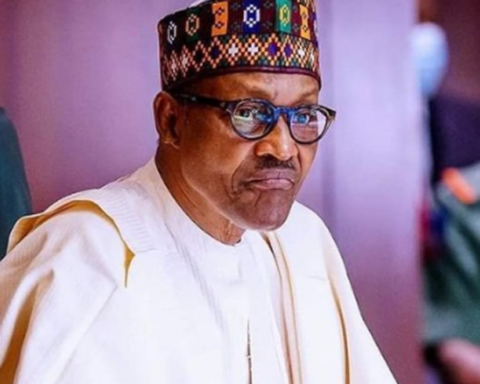The cost of buying the United States dollar (USD) increased on Wednesday in the official market, indicating demand remains higher than supply.
In the investors and exporters window of the official market, the cost of the dollar increased by N0.67kobo, reflecting the naira depreciated by 0.14 per cent.
Join our WhatsApp ChannelAccording to the FMDQ Exchange monitoring the trade of foreign exchange (forex), it was disclosed that the dollar rate went up N461.67/$1 on January 4, 2023.
A day before, the exchange rate between the naira and the United States currency closed at N461. But with scarcity still lingering, the naira lost its value to the greenback.
During trading on Wednesday, it was learnt that traders demanded as high as N462 to sell one dollar at the official channel and as low as N425 before closing at N461.67.
The American dollar gained weight after the supply of forex to traders in the investors and exporters window fell to $69.33 million.
This is a decline of 54.82 per cent when compared to the $153.45 million the official market traders transacted on Tuesday, January 3, 2023.
Where naira failed, others have not
The naira remains weak compared to the dollar, ruling it out of the top seven currencies that could stand side by side with the United States currency.
According to Investopedia, as of May 2022, the seven currencies worth more than the American dollar are Euro, Cayman Islands Dollar, British Pound, Jordanian Dinar, Omani Rial, Bahraini Dinar, and Kuwaiti Dinar.
Commenting on what affects currency exchange rate, Investopedia said: “Broadly speaking, the exchange rate for countries with free-floating currencies is usually affected by the strength of a country’s economy.
“In addition, though, exchange rates are relative, meaning they depend on the country with which you’re comparing yours at any given time. So, economic conditions and policies (e.g., concerning inflation, interest rates, debt) in the respective countries can affect the exchange rate.”


















Follow Us